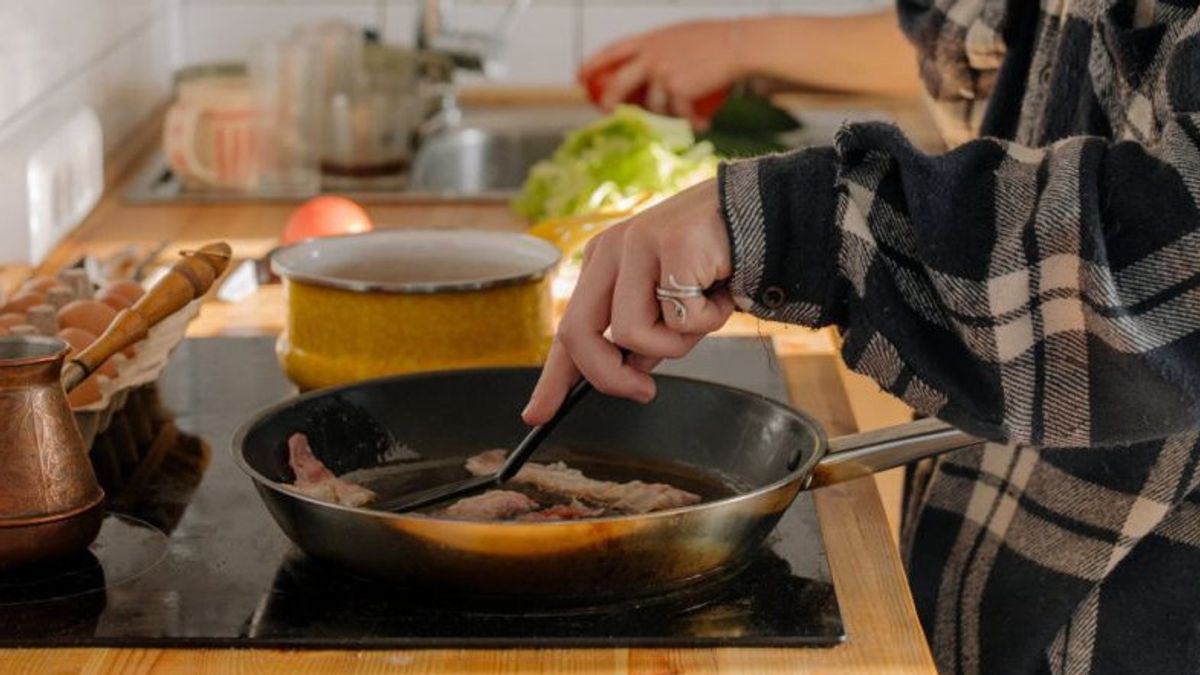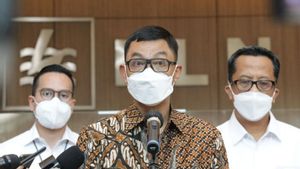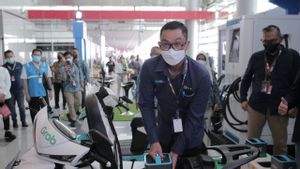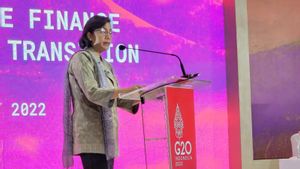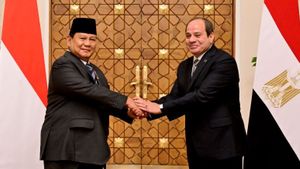JAKARTA - Energy practitioner Dina Nurul Fitria proposes converting LPG to electric stoves into a national program to optimize state financial savings, considering that the energy conversion mechanism is carried out with intense socialization and trials in several big cities.
"The conversion program for Liquefied Petroleum Gas (LPG) stoves to induction cookers is a strategic solution to cut state budget spending," she said in a statement in Jakarta, quoted from Antara, Thursday, July 21.
Dina appreciates the government's commitment to switch from fossil energy to cleaner energy while still paying attention to community readiness.
According to her, the government is being confused with increasing imports and subsidies for LPG. On the other hand, the successful conversion of kerosene to LPG seems to be the status quo.
So far, LPG subsidies are still distributed openly and enjoyed by the rich. This year, the initial allocation for subsidy and compensation expenditures is IDR 152.5 trillion, while with the adjustment to the need for energy subsidies and compensation in 2022, it is IDR 502.4 trillion.
Dina emphasized that the conversion of LPG to induction stoves is the right step to reduce the import of gas.
"If we use data, it will be more effective if the energy transition from LPG to electric stoves targets households from the middle to lower classes. Of course, in this case the data must also be correct considering the narrative that has developed so far that energy subsidies are not well targeted," she said.
The PLN database that has been used so far to distribute electricity subsidies, continued Dina, will make the effectiveness of subsidies more targeted. Just like the previous conversion, the government can provide electric stove packages to the community while still adjusting their energy consumption.
VOIR éGALEMENT:
"So the assistance is not only for the price of electricity, but the infrastructure, namely electric stoves. This strategy is more targeted because it targets households directly," she said.
Dina explained that in order to make the program a success, the government should develop a strategy by sharpening data on the distribution of subsidies and not disturbing other programs. According to her, 7-9 months can be done as part of the socialization and adaptation of the community using electric stoves.
The socialization of electric stoves not only targets households, but can also be done to Micro, Small and Medium Enterprises (MSMEs). The success of changing the habits of MSMEs is considered a surefire way to transmit it to households.
"This can't be instant, it can't be radical, we give the community 7-9 months to study as a transition period. On the other hand, efforts to increase the application of targeted subsidies are also ongoing," concluded Dina.
The English, Chinese, Japanese, Arabic, and French versions are automatically generated by the AI. So there may still be inaccuracies in translating, please always see Indonesian as our main language. (system supported by DigitalSiber.id)
